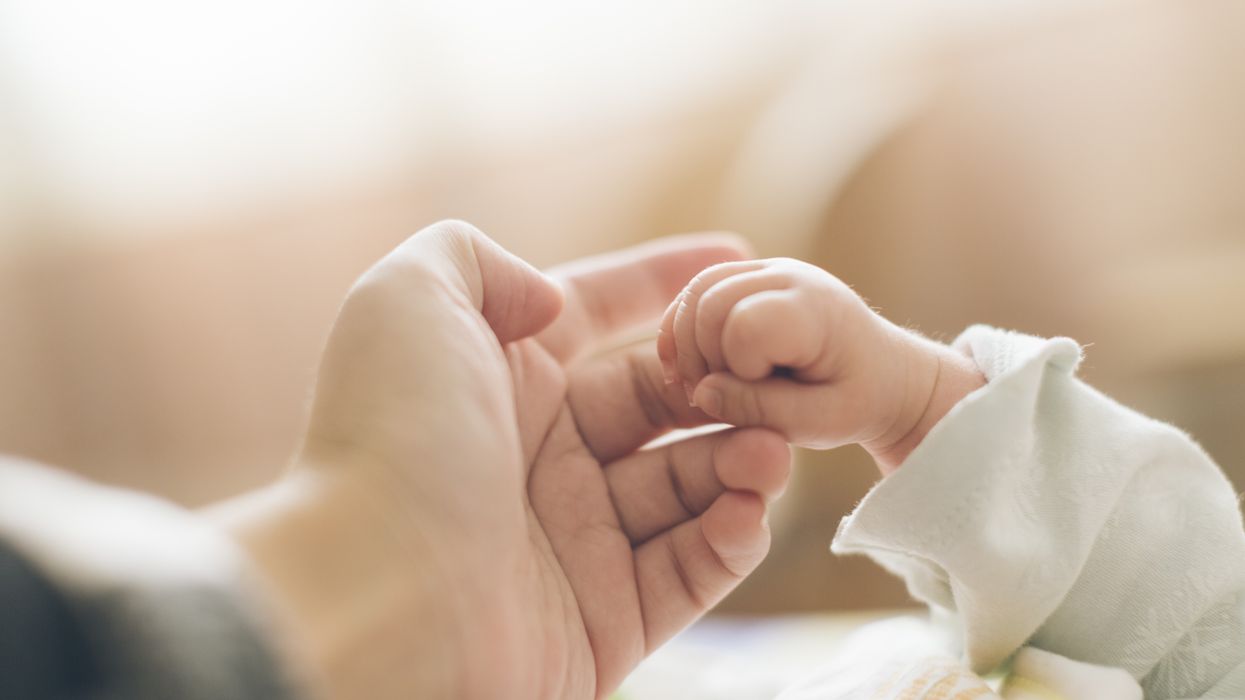Nearly 900 nurses could be recruited from overseas in just four years by Swansea Bay University Health Board to plug workforce shortages and staff new operating theatres.
A report said the health board was on track to employ 350 overseas nurses in 2022-23, having hit a target of 130 the previous year and partially meeting a target of 60 the year before that. Many are from Kerala, in south-west India.
And a further 350 are to be recruited from overseas in the current financial year, subject to approval by chief executive Mark Hackett.
The scale of recruitment prompted questions at a board meeting about whether Swansea and Wales were doing enough to train homegrown nurses and whether health services in places like Kerala could suffer due to the nursing exodus.
Gareth Howells, director of nursing and patient experience, said the overseas recruitment provided the health board an “immediacy of really experienced staff”.
Referring to the situation closer to home, he said: “Do you know, people don’t want to be nurses. If we look at the attrition rate within local training, and the fact that for the first time ever there are surplus places, I think generally we have got more to do to extol the virtue of the NHS.”
The meeting heard that efforts were being made by the health board, which covers Swansea and Neath Port Talbot, and by the Welsh Government to train and retain more homegrown staff. But health-related courses were said to be under-subscribed by 27 per cent in Wales.
Board member Professor Keith Lloyd, who is dean of the faculty of medicine at Swansea University, said there was less of a problem in the Swansea area than others in the country. But he said: “For the first time ever, we have seen a drop in nursing applications.”
Every year homegrown nurses in Wales finish their training and start their career, but Swansea Bay University Health Board still needs more. It employs nearly 4,200 nurses and midwives, more than half of whom are in Band 5 posts. It currently has just over 300 Band 5 vacancies, according to one method of calculation.
The health board report added: “We know that we have an ageing workforce profile in nursing, with 1,322 nurses and midwives currently over the age of 51 that could retire very soon or over the next few years.”
Agency nurses and the health board’s nursing bank help plug shortages, which are as high as 40% in acute care and surgery. Searching overseas recruitment is a cheaper option, despite short-term recruitment costs of around £9,000 per nurse.
The report said overseas nurses were offered a Band 5 contract, with a starting salary of £27,055, but initially received a lower Band 4 wage until they they completed their UK registration. Some of them stayed in student as well as hospital accommodation.
(Local Democracy Reporting Service)
Site Navigation
Search
Latest Stories
Start your day right!
Get latest updates and insights delivered to your inbox.
Related News
News
Teachers, nurses warn of strikes over 2.8 per cent pay rise proposal
EasternEye
11 December 2024
More For You

Official data shows the UK’s birthrate fell to 1.4 children per woman in 2024. (Photo for representation: iStock)
iStock
UK population growth may stall as births fall behind deaths
Jan 08, 2026
BRITAIN could soon reach a point where more people die each year than are born, raising questions about the future size of the population and the economy, a leading think tank has warned.
The Resolution Foundation said 2026 could mark a major shift, with deaths beginning to exceed births as a result of very low fertility rather than a rise in mortality, the Times reported.
Gregory Thwaites, research director at the foundation, said the change was being driven by “extremely low fertility and not especially high deaths”.
He added that this could “shift the conversation on migration away from arguments over whether the country is already ‘full’ and on to whether we want to address population decline”.
Official data shows the UK’s birthrate fell to 1.4 children per woman in 2024, down from about three in the 1960s. A rate of 2.1 is needed to keep the population stable.
For most of the 20th century, births outnumbered deaths, except in 1976 and during the Covid-19 pandemic. In 2024, the number of births only just exceeded deaths, and the think tank expects the gap to narrow further in 2025.
The Resolution Foundation said this could signal “the first year in a new era when deaths exceed births by an ever-widening margin”, warning the gap could reach 100,000 a year by the mid-2040s.
Ruth Curtice, the foundation’s chief executive, said the shift would raise “questions about the future of our public services and the tax revenues needed to fund them in an ageing society”.
According to the Office for Budget Responsibility, the share of people reliant on the state is expected to rise from 31 per cent to 47 per cent over the next 50 years. This would place growing pressure on funding pensions, healthcare and welfare, as the working population shrinks.
Thwaites said the government was already “to a large extent, paying for older people”, with spending on children and working-age adults spread across fewer people.
Britain’s population has grown from 64.6 million in 2014 to 69.3 million in mid-2024, largely due to immigration. “All of the rise in population, if we want one in the future, will have to come from immigration,” Thwaites said.
Keep ReadingShow less
Most Popular
Current Issue
×
Terms and Conditions
By clicking the 'Subscribe’, you agree to receive our newsletter, marketing communications and industry
partners/sponsors sharing promotional product information via email and print communication from Garavi Gujarat
Publications Ltd and subsidiaries. You have the right to withdraw your consent at any time by clicking the
unsubscribe link in our emails. We will use your email address to personalize our communications and send you
relevant offers. Your data will be stored up to 30 days after unsubscribing.
Contact us at data@amg.biz to see how we manage and store your data.
© Copyright 2026 Garavi Gujarat Publications Ltd & Asian Media Group USA Inc











